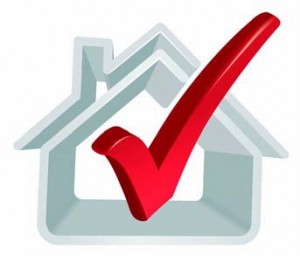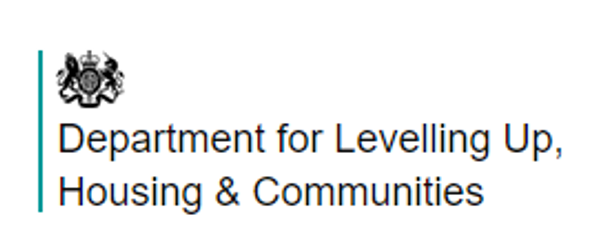 The impact of Coronavirus has been profound and depressing. The efforts of front-line workers and the kindness of strangers have been vital to our collective well-being. It’s good to know that the social housing sector has played its part, living up to its social purpose and making a difference to those who live in its homes.
The impact of Coronavirus has been profound and depressing. The efforts of front-line workers and the kindness of strangers have been vital to our collective well-being. It’s good to know that the social housing sector has played its part, living up to its social purpose and making a difference to those who live in its homes.
These efforts aren’t limited to care, support and housing for older people providers (who faced hair-raising, multi-variate risks even the RSH hadn’t thought about) but all those social landlords who got on the phone or stood at the end of the path to check if their tenants needed support, and then acted on it.
Good on you. This was appreciated, and we’ve got the evidence to prove it.
Nine out of 10 landlords whose residents we surveyed between April and June enjoyed improved results when compared to the previous exercise: four by 1-2% while improvement for the remaining five ranged between 4 and 12%. That’s impressive in the middle of a pandemic and even more so when you consider that ratings had started to slip in the past two or three years as landlords struggled to keep pace with expectations. Three months ago, simply maintaining your satisfaction ratings was an aspirational target.
What’s driving the uptick in satisfaction? There’s no question that it’s the efforts of landlords to contact and support their tenants during the pandemic. Additionally, as front-line service providers, landlords have benefited from the higher levels of satisfaction typically associated with such services during a crisis.
Interestingly, we expected tenants to be as grumpy as we were during lockdown. Instead, they were happy to chat and friendlier than usual. Human contact, and anyone asking how they were doing, seems to be really important.
And that connects with another interesting finding: that the quality of communication was the most-cited issue, whether among those who were satisfied or dissatisfied with their landlord’s response to the pandemic. Here’s more evidence, if it were needed, that communication is still a problem for a minority of landlords, possibly obscuring the good they do.
We can read some of the results as a double-edged sword, though.
Ironically, the fact that most tenants weren’t experiencing a repairs service removed a bone of contention for some landlords. In ‘normal’ times the way to a tenant’s heart is largely through the repairs service: get that right and the overall satisfaction result will be better. For some, not having the repairs elephant in the room might have bestowed a short-term benefit on the overall rating.
The much-delayed and long-awaited White Paper (now expected in December) promises to put the tenant experience centre-stage.
Let’s hope the sector can build on its response to Coronavirus, keep its thinking out of the box, improve its communication with tenants and meet their reasonable expectations – and we can continue to see their satisfaction with their services remain on the up.






Comments are closed.